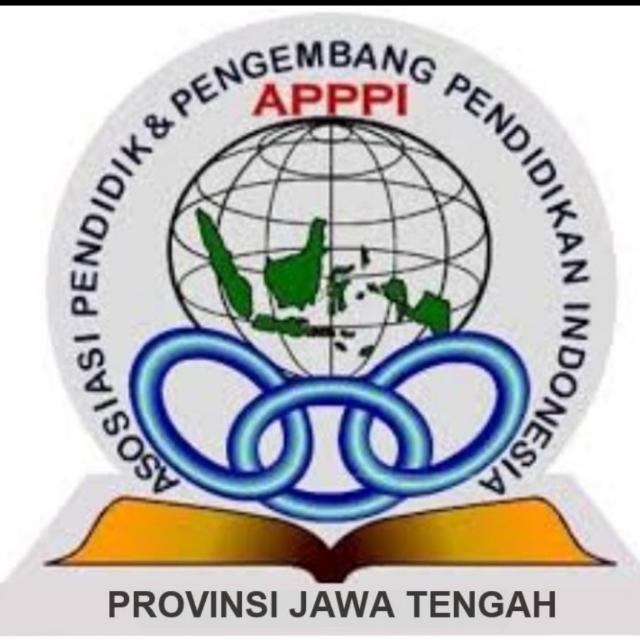Analisis Keterkaitan Konsep Dasar Geografi di Kelas 4 Sekolah Dasar
DOI:
https://doi.org/10.58204/pe.v2i3.124Kata Kunci:
Geography; Science; Social Sciences; Elementary School; Independent CurriculumAbstrak
This research aims to analyze the relationship between the basic concepts of social studies material in the geography branch in social studies learning at elementary school level in the independent curriculum which includes distribution, elements, CP, and learning orientation/scope of material. The presentation method used is literature review from various relevant study sources. This literature review includes several literature from relevant research, including regulations for implementing the independent curriculum, articles in relevant journals, books and other literature related to the independent curriculum. Based on the results of the analysis of the relationship between the basic concepts of geography in grade 4 elementary school which have been included in the phases, the science and social sciences are very broad and the combination of science and social studies is still not optimal. However, in terms of optimization, Social Sciences can stand alone as a subject because the branches of social science are so broad.
Referensi
https://study.com/academy/lesson/geography-as-a-social-science-definition-explanation.html
https://www.britannica.com/science/geography/Methods-of-geography
Fitri, Amalia., dkk. (2021). Ilmu Pengetahuan Alam dan Sosial. Jakarta: Kementrian Pendidikan, Kebudayaan, Roset dan Teknologi Republik Indonesia.
Hasanah, A., Amelia, C. R., Salsabila, H., Agustin, R. D., Setyawati, R. C., Elifas, L., & Marini, A. (2023). Pengintegrasian kurikulum merdeka dalam pembelajaran ipas: Upaya memaksimalkan pemahaman siswa tentang budaya lokal. Jurnal Pendidikan Dasar Dan Sosial Humaniora, 3(1), 89. http://www.nber.org/papers/w16019
Marsela Yulianti, Divana Leli Anggraini, Siti Nurfaizah, & Anjani Putri Belawati Pandiangan. (2022). Peran Guru Dalam Mengembangan Kurikulum Merdeka. Jurnal Ilmu Pendidikan Dan Sosial, 1(3), 290–298. https://doi.org/10.58540/jipsi.v1i3.53
Nurlaela, A. (2016). Peranan Lingkungan Sebagai Sumber Pembelajaran Geografi Dalam Menumbuhkan Sikap Dan Perilaku Keruangan Peserta Didik. Jurnal Geografi Gea, 14(1), 40–48. https://doi.org/10.17509/gea.v14i1.3361
Sejati, A. E., Sugiarto, A., Anasi, P. T., Utaya, S., & Bachri, S. (2022). Tantangan filsafat geografi dalam perkembangan geografi terkini: Kajian ontologi, epistemologi, aksiologi, dan etika. Majalah Geografi Indonesia, 36(2), 126. https://doi.org/10.22146/mgi.74942
Sumirat, R., Ws, R., & Halimah, M. (2018). PEDADIDAKTIKA: JURNAL ILMIAH PENDIDIKAN GURU SEKOLAH DASAR Pengaruh Model Pembelajaran Berbasis Literasi Geografi terhadap Hasil Belajar IPS Siswa Sekolah Dasar. All Rights Reserved, 5(2), 296–307. http://ejournal.upi.edu/index.php/pedadidaktika/index
Suprapto, M. P. Y. (2016). Teori Dan Prinsip Ips Dalam Perspektif Geografi Di Sekolah Dasar. Array. DIALEKTIKA Jurnal Pemikiran Dan Penelitian Pendidikan Dasar, 5(1), 11–23. file:///C:/Users/Dinda Resa A A/Downloads/keren,+Journal+manager,+6+Yuni.pdf
Wijayanto, B., Sutriani, W., & Luthfi, F. (2020). Kemampuan Berfikir Spasial dalam Pembelajaran Abad 21. Jurnal Samudra Geografi, 3(2), 42–50. https://doi.org/10.33059/jsg.v3i2.2495
##submission.downloads##
Diterbitkan
Cara Mengutip
Terbitan
Bagian
Lisensi
Hak Cipta (c) 2024 Pena Edukasia

Artikel ini berlisensiCreative Commons Attribution-ShareAlike 4.0 International License.









